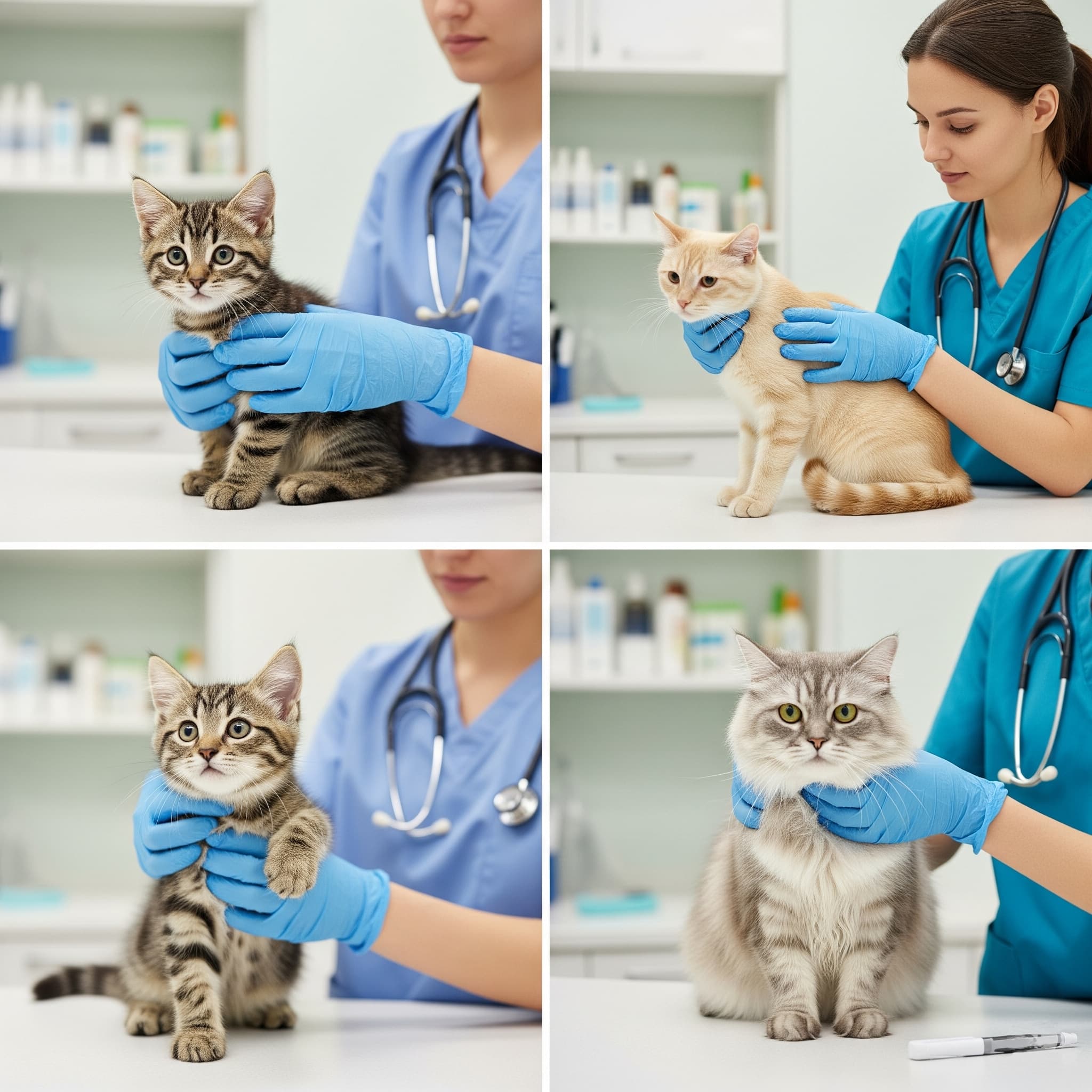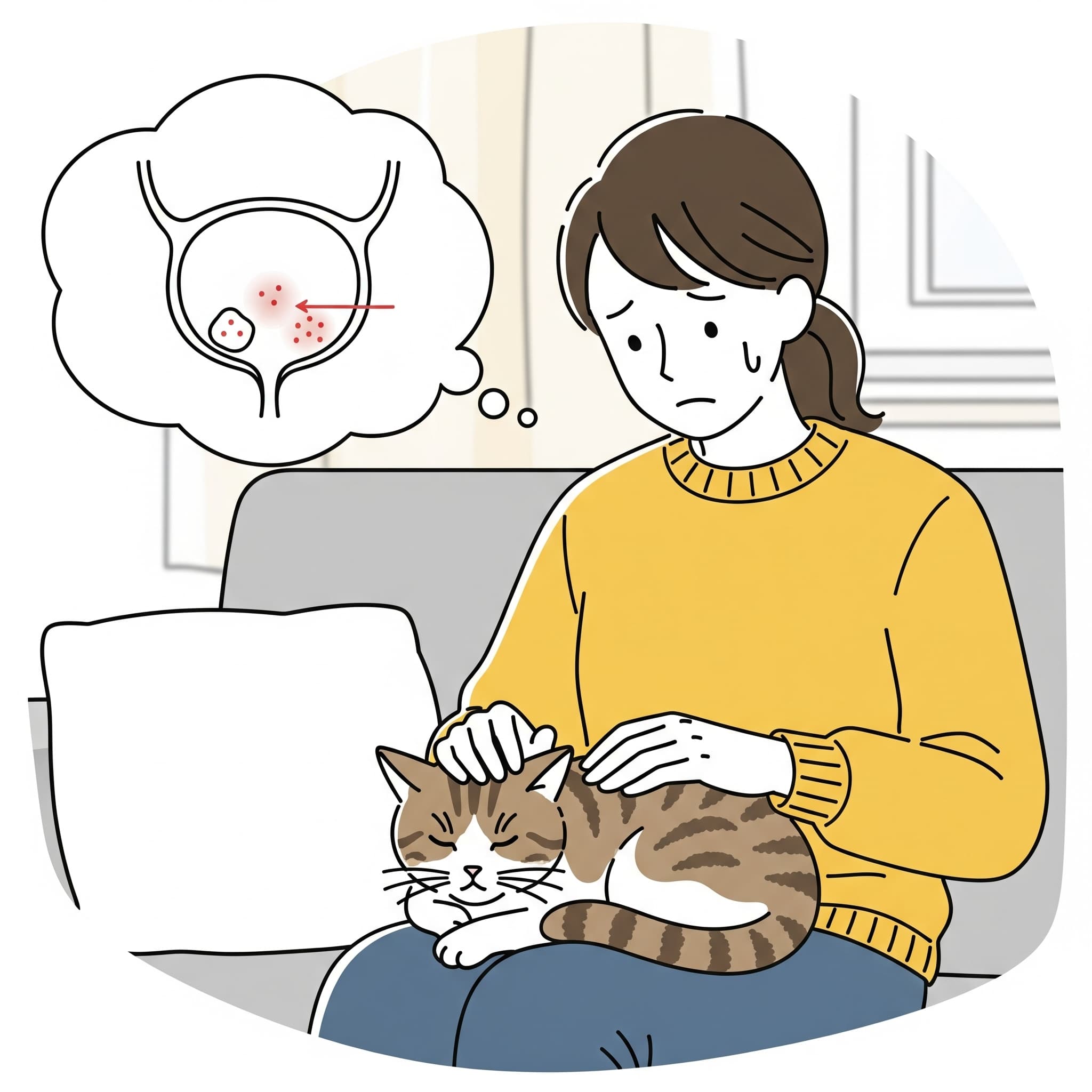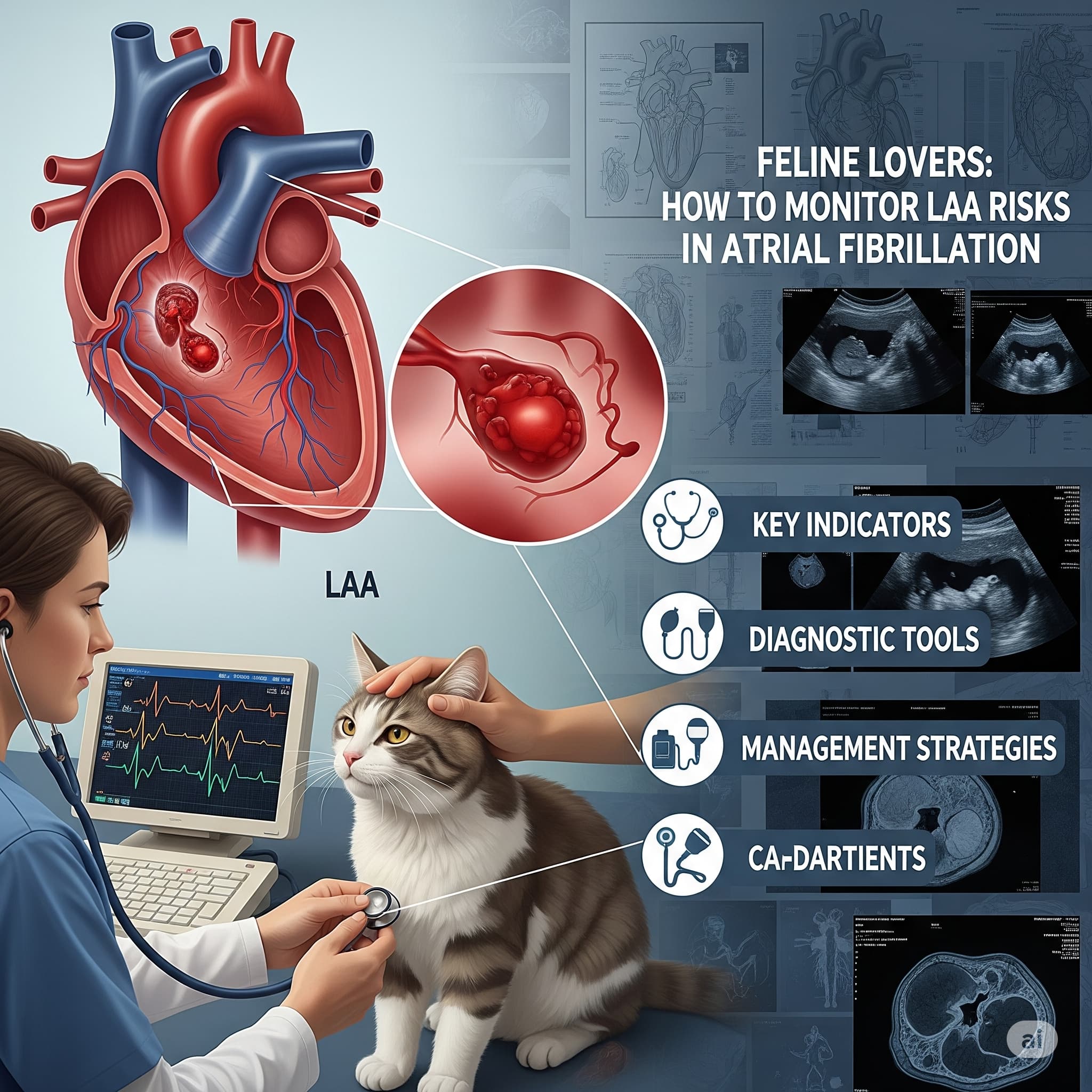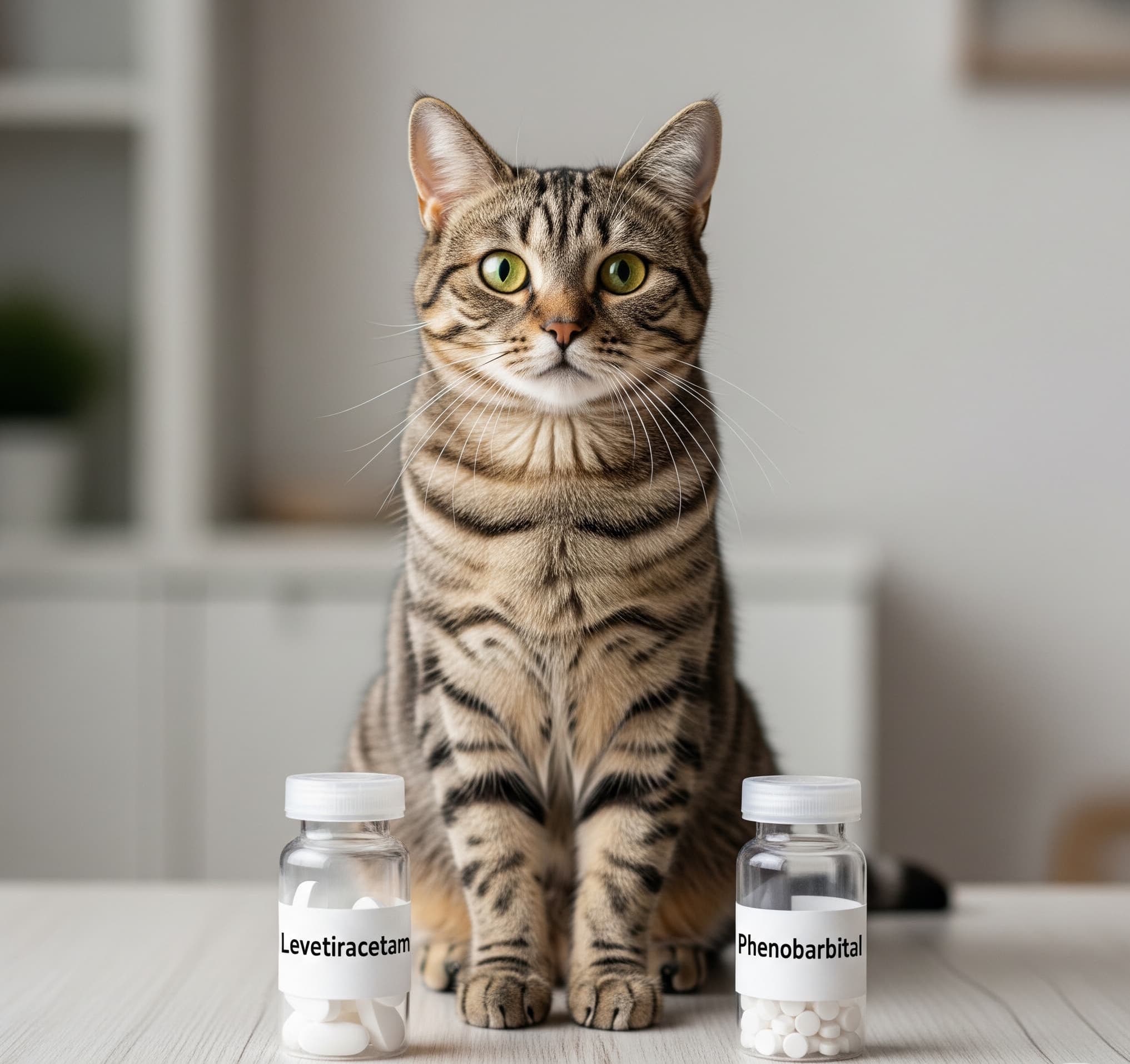Age-Based Health Screenings: When & What You Need
Complete guide to cat health screenings by age. Learn when your kitten, adult, or senior cat needs essential health tests for optimal wellness.
Introduction
As your cat grows from a playful kitten to a wise senior, their health needs change dramatically. Many cat owners wonder when to schedule health screenings and what tests their feline friends actually need. Getting the right screenings at the right time can catch problems early and help your cat live a longer, healthier life.
Regular health screenings are like preventive medicine for cats. They help spot issues before they become serious problems. But knowing exactly when and what screenings your cat needs can feel overwhelming.
To help you navigate this essential guide and quickly find the information most relevant to your cat’s age, here are the key sections we’ll explore:
- Why Regular Health Screenings Matter for Cats
- Kitten Health Screenings: Building a Strong Foundation
- Adult Cat Screenings: Maintaining Peak Health
- Senior Cat Health Tests: Catching Age-Related Issues
- How Often Should You Schedule Screenings?
Why Regular Health Screenings Matter for Cats
Cats are masters at hiding illness. In the wild, showing weakness could make them targets for predators. This instinct means your cat might seem perfectly fine even when something is wrong inside their body.
Health screenings help vets catch diseases before symptoms appear. Early detection often means easier treatment and better outcomes. For example, kidney disease affects many older cats. With regular blood work, vets can spot kidney problems years before your cat shows signs like increased drinking or weight loss.
Regular screenings also establish baseline health values for your cat. When vets know what’s normal for your specific cat, they can quickly spot changes that signal health issues.
Many serious cat diseases are much more treatable when caught early. Heart disease, diabetes, and cancer all respond better to treatment when diagnosed in early stages.
Kitten Health Screenings: Building a Strong Foundation
Kittens need several important health checks during their first year of life. These early screenings set the stage for lifelong health.
Birth to 8 Weeks: Your kitten should have their first vet visit around 6-8 weeks old. This visit includes a physical exam to check for birth defects, heart murmurs, or other congenital issues. The vet will also test for parasites, which are common in young kittens.
8-16 Weeks: This is vaccination time. Kittens need a series of shots to protect against serious diseases like distemper, respiratory infections, and rabies. During these visits, vets also check growth and development.
4-6 Months: Most kittens get spayed or neutered during this period. Before surgery, vets often run pre-anesthetic blood work to make sure your kitten can safely handle anesthesia.
6-12 Months: Your kitten should have another wellness exam to ensure they’re developing normally. This is also when many vets recommend starting annual health screenings.
Adult Cat Screenings: Maintaining Peak Health
Adult cats (1-7 years old) are typically in their healthiest years. However, regular screenings help keep them that way and catch any emerging issues.
Annual Wellness Exams: Every adult cat should have a yearly check-up. During this exam, your vet will check your cat’s weight, teeth, heart, and overall condition. They’ll also update vaccinations as needed.
Basic Blood Work: Many vets recommend annual blood work starting around age 3-5. This includes a complete blood count (CBC) and chemistry panel. These tests check organ function, blood sugar levels, and look for signs of infection or disease.
Dental Health: Dental disease is incredibly common in cats. Your vet should check your cat’s teeth during every visit. Some cats may need professional dental cleanings under anesthesia.
Parasite Testing: Annual fecal exams help detect intestinal parasites. Even indoor cats can get parasites from insects or contaminated food.
Senior Cat Health Tests: Catching Age-Related Issues
Senior cats (7+ years old) need more frequent and comprehensive health screenings. Age brings increased risk for many diseases.
Twice-Yearly Exams: Senior cats should see the vet every 6 months instead of annually. A lot can change in a cat’s health in just six months when they’re older.
Comprehensive Blood Work: Senior cats need more detailed blood tests. These should include kidney function tests, liver enzymes, blood sugar, thyroid hormones, and protein levels. Many age-related diseases show up first in blood work.
Blood Pressure Monitoring: High blood pressure is common in older cats and can damage kidneys, eyes, and heart. Regular blood pressure checks help catch this silent killer.
Heart Screening: Heart disease becomes more common as cats age. Your vet may recommend chest X-rays or heart ultrasounds if they detect a murmur or other concerns.
Cancer Screening: While there’s no single test for cancer, regular exams help vets feel for lumps, bumps, or enlarged organs that might indicate cancer.
How Often Should You Schedule Screenings?
The frequency of health screenings depends on your cat’s age and health status.
Healthy Kittens (0-1 year): Every 3-4 weeks until vaccinations are complete, then every 6 months.
Healthy Adult Cats (1-7 years): Annual exams with basic blood work every 1-2 years.
Senior Cats (7+ years): Every 6 months with comprehensive blood work annually.
Cats with Health Issues: Follow your vet’s specific recommendations, which may include more frequent visits.
Indoor cats generally need fewer parasite checks than outdoor cats, but they still need regular health screenings. Outdoor cats may need additional tests for diseases like feline leukemia and FIV.
Frequently Asked Questions (FAQ)
How Much Do Cat Health Screenings Cost?
Basic wellness exams typically cost $50-150. Blood work adds another $100-200. Senior screening panels can cost $200-400. While this might seem expensive, catching diseases early often saves money on treatment costs later.
What If My Cat Seems Healthy?
Even healthy-seeming cats need regular screenings. Cats hide illness very well, and many diseases have no obvious symptoms in early stages. Regular screenings are the best way to catch problems before they become serious.
Can I Skip Screenings to Save Money?
Skipping regular screenings often costs more in the long run. Early detection of diseases usually means less expensive treatment and better outcomes for your cat. Many vets offer wellness plans that spread costs throughout the year.
Conclusion
Regular health screenings are one of the best investments you can make in your cat’s long-term health and happiness. From kitten vaccinations to senior blood panels, each screening serves an important purpose in keeping your feline friend healthy.
Remember that every cat is unique. Work with your veterinarian to create a screening schedule that fits your cat’s specific needs, age, and risk factors. The small investment in regular check-ups can help ensure many more years of purrs, head bonuses, and companionship with your beloved cat.
Ready to schedule your cat’s next health screening? Contact your veterinarian today to discuss the best screening plan for your cat’s age and health needs. Your feline friend will thank you for it!




Post Comment